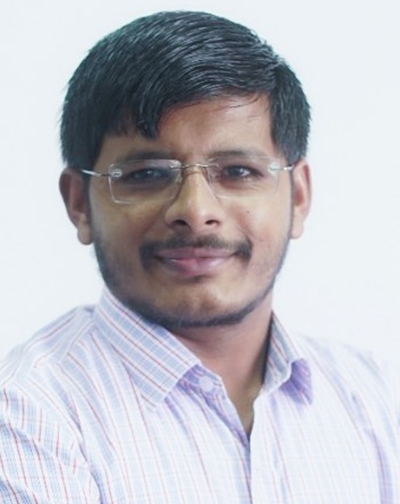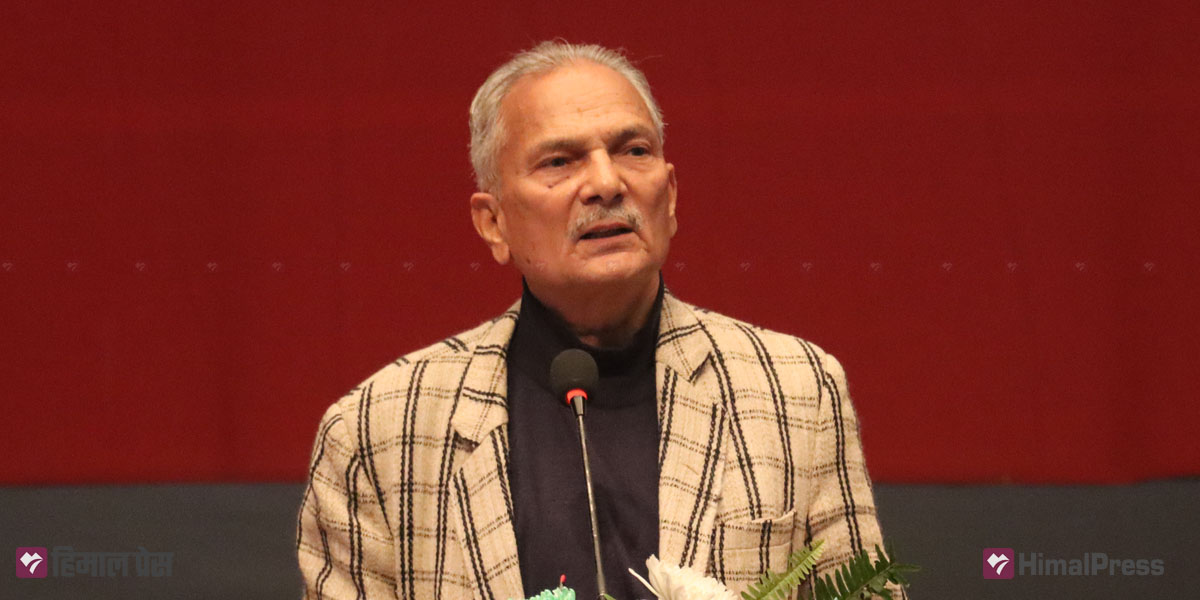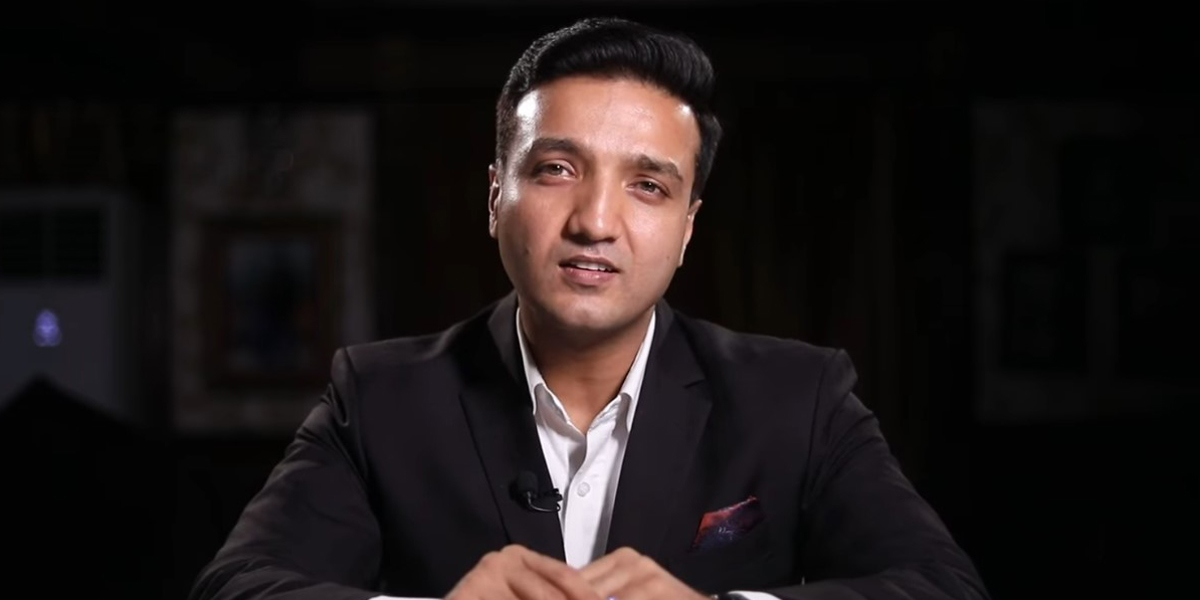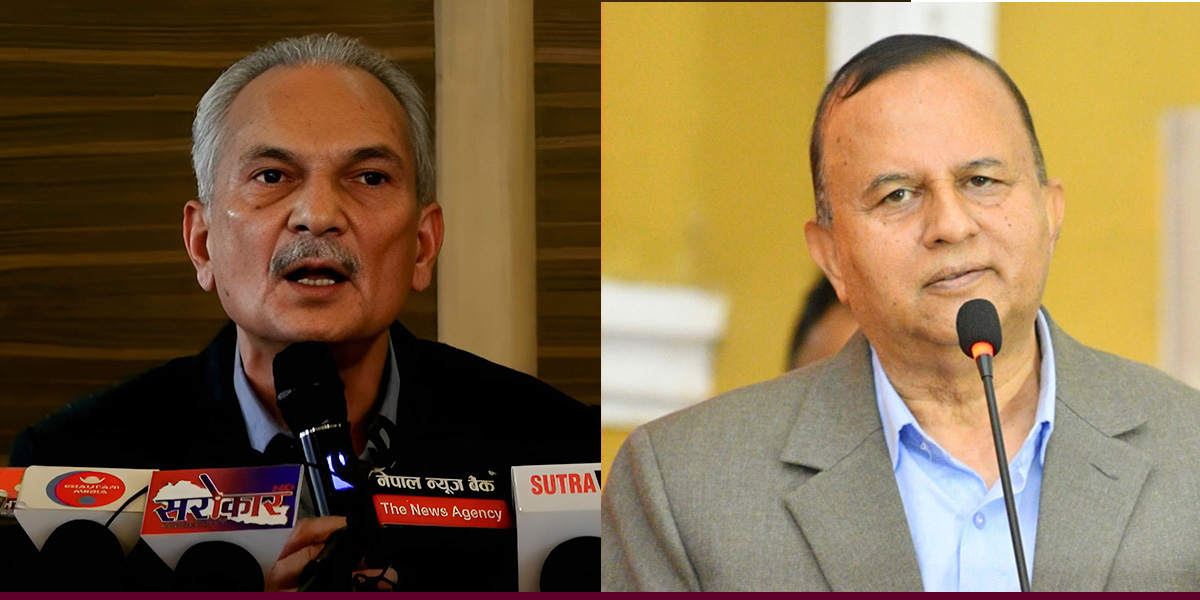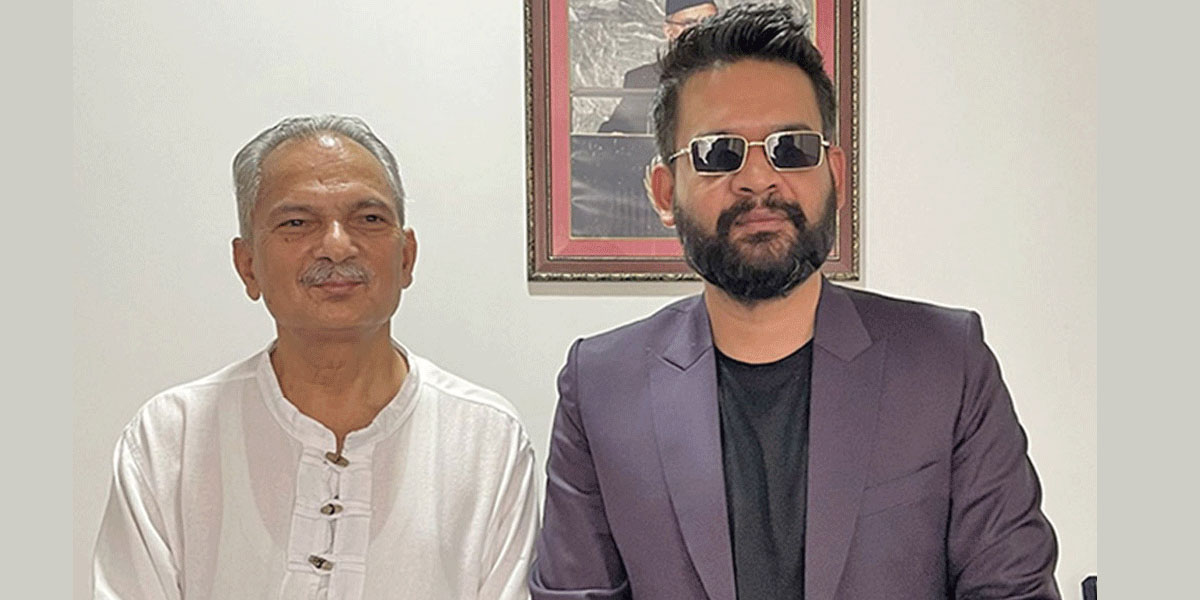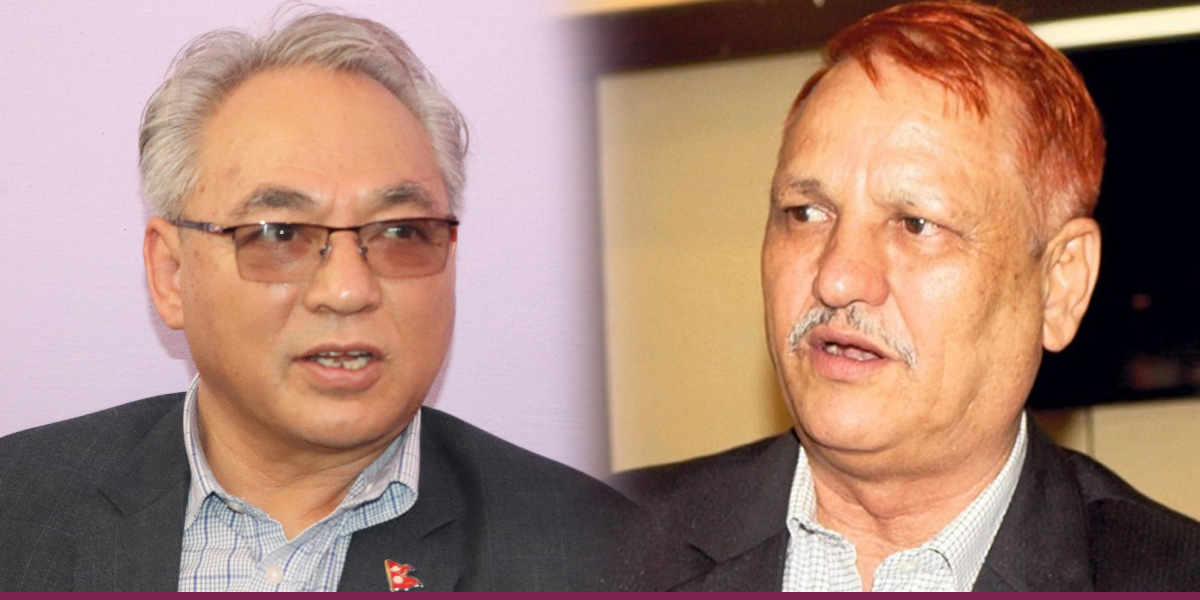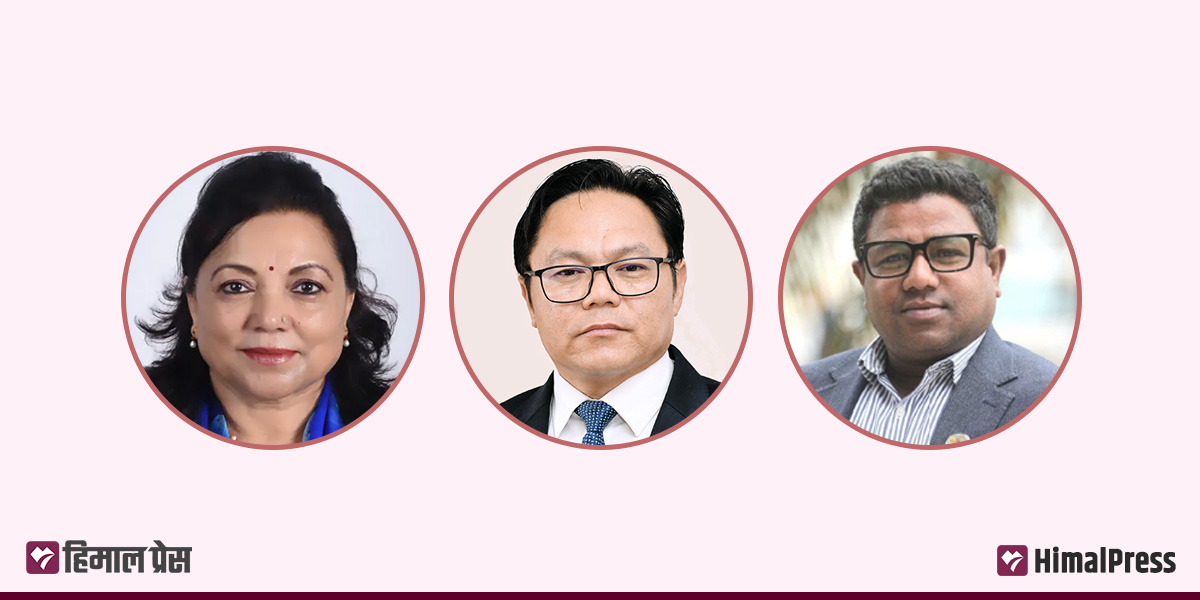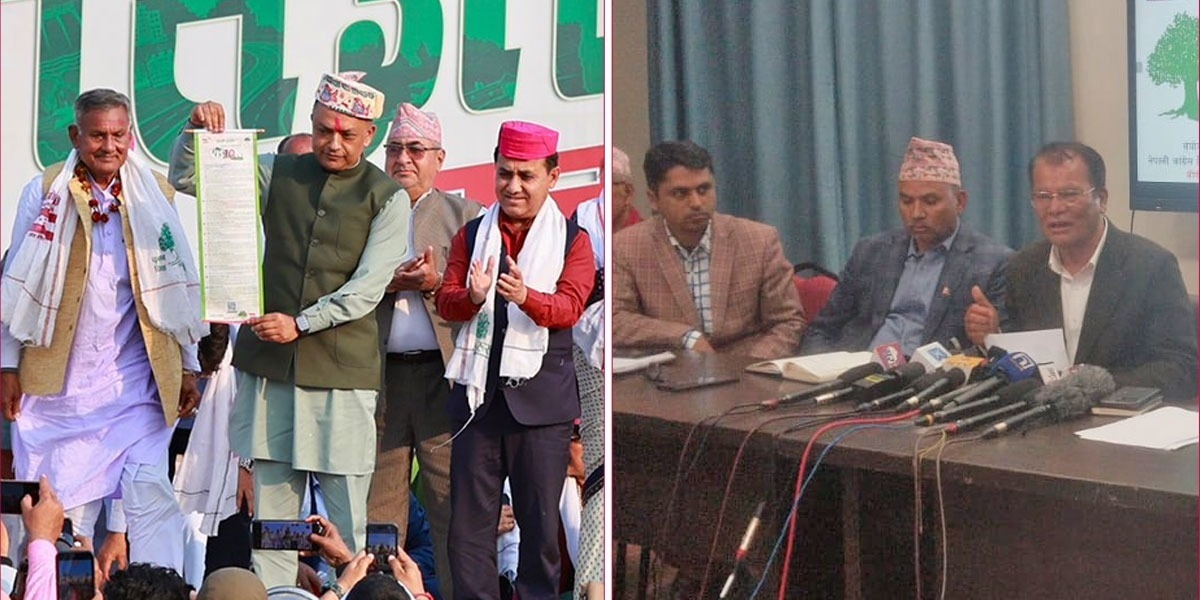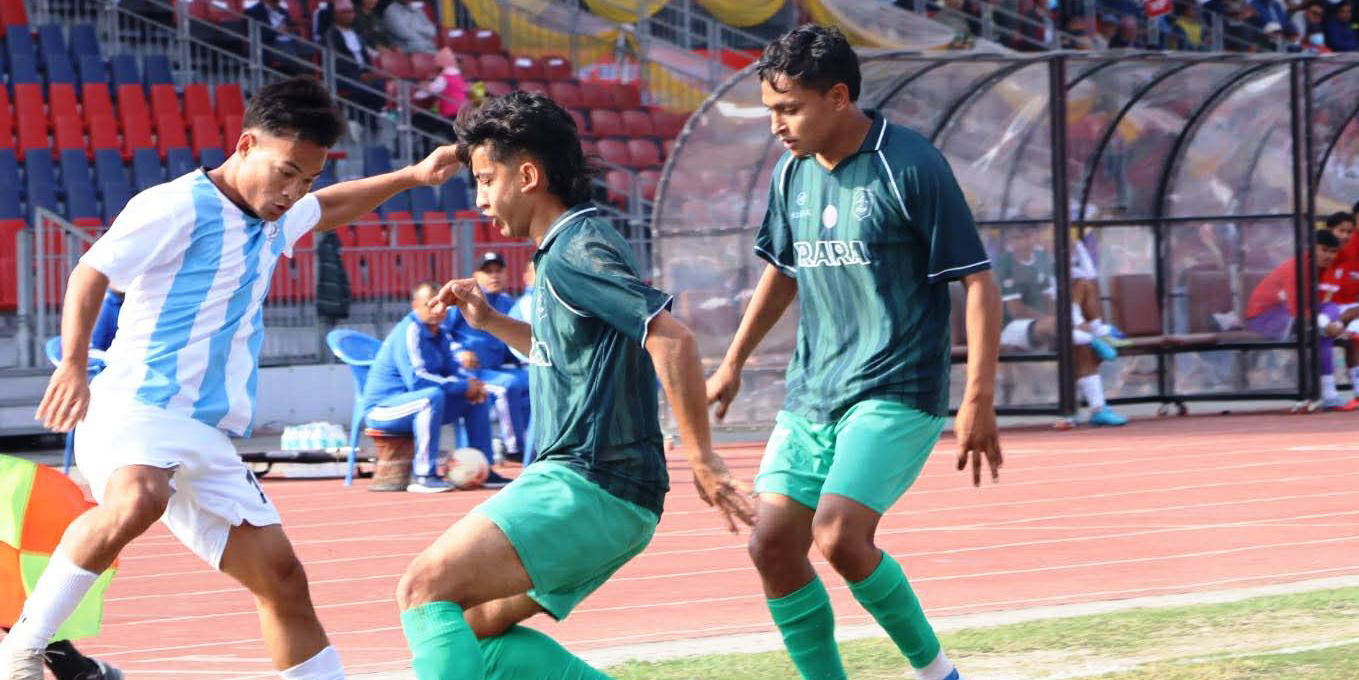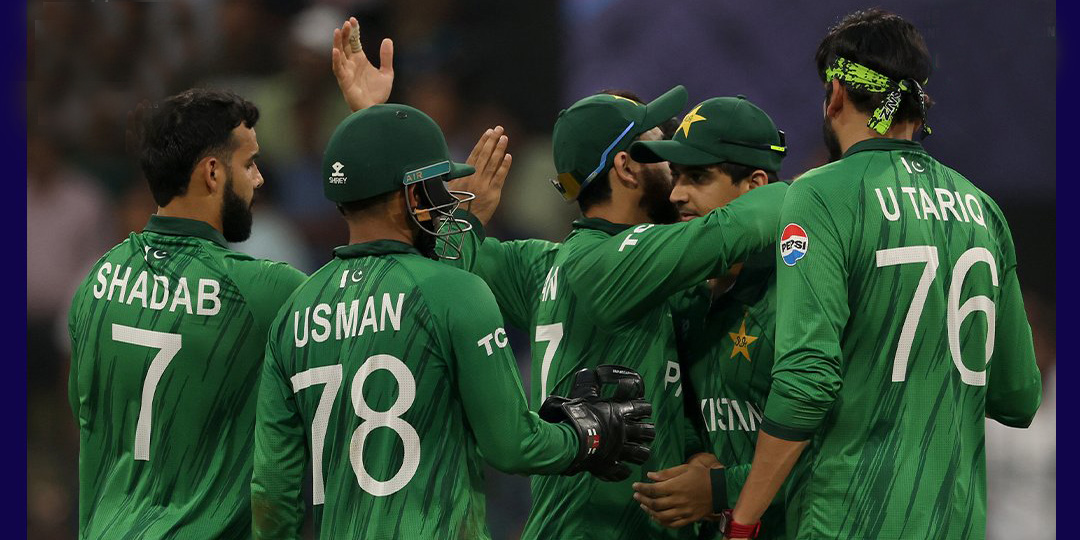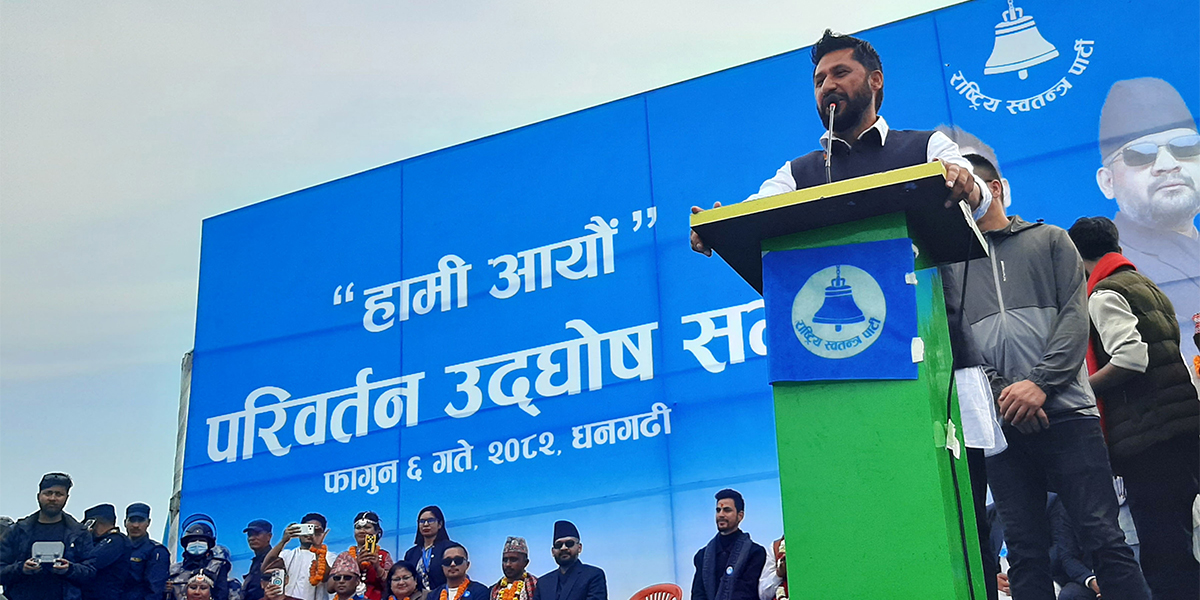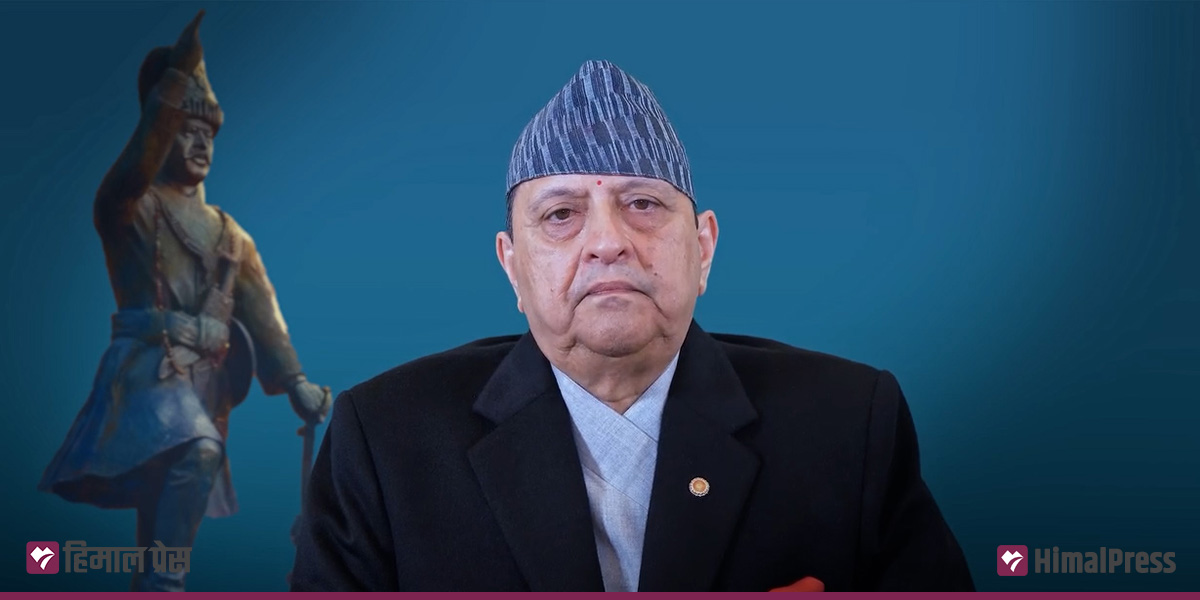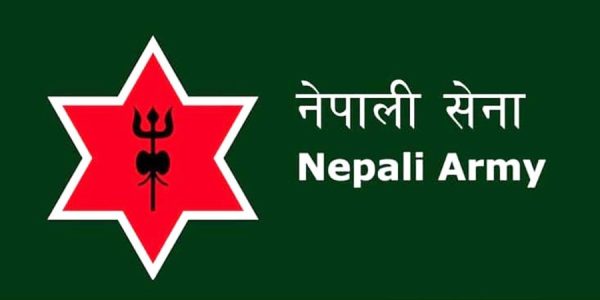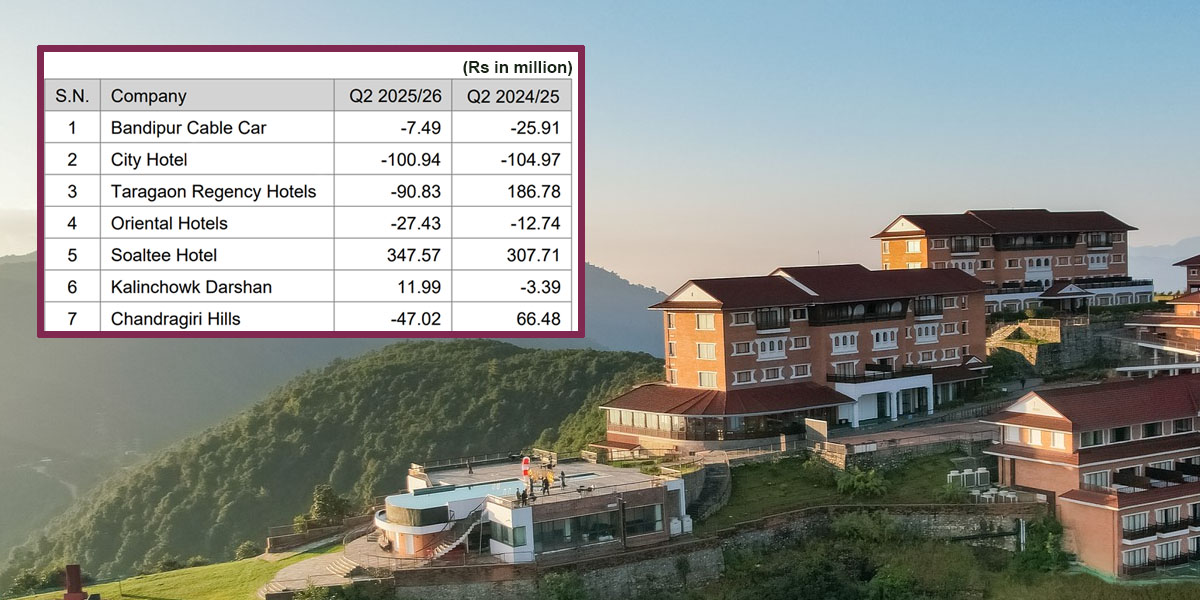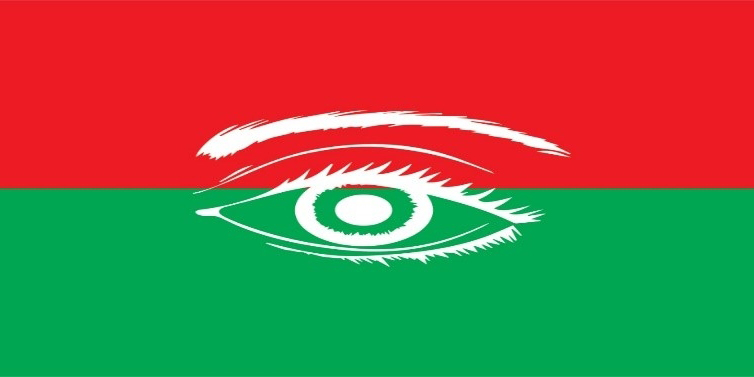
KATHMANDU: The Nepal Samajwadi Party (NSP) is torn between the options of merging with the CPN (Maoist Center) or charting an independent political course. The ongoing internal discussions within the party, which began following the general elections in November last year, have revealed a deep divide in the party.
NSP Chairman Dr Baburam Bhattarai has been reiterating that the party can be an alternative political force, stating that the new parties lack a clear vision to lead the country. However, NSP leaders close to other Chairman Mahendra Raya Yadav, who favors a merger with the Maoist Center, dismiss Dr Bhattarai’s argument. They argue that the Maoist Center, after unification with NSP, can transform into a formidable alternative force in the country. This internal struggle has put Dr Bhattarai in a precarious position in the party, say political experts. Some say the NSP could be headed for a split.
Dr Bhattarai, a key figure in the ‘people’s war’ initiated by the Maoists in 1995, left the party after the promulgation of the constitution in 2015. Despite leading multiple parties since then, including Naya Shakti, Sanghiya Samajbadi Party, Janata Samajbadi Party, and NSP over the past decade, he has struggled to establish a strong party organization. Although Dr Bhattarai distanced himself from the Maoists in 2016, citing the party’s inability to transform the country, his proximity to Pushpa Kamal Dahal and the Maoist Center has persisted. So much so, Dr Bhattarai even sacrificed his electoral constituency in Gorkha-2 for Dahal in last year’s polls. The improving ties between the former Maoist colleagues fueled speculation about unity talks between the two parties.
NSP and the Maoist Center had reached a consensus for working unity after the November elections. Both parties even formed talks teams to facilitate the unification process. NSP’s talks team, led by party co-chairperson Ganga Narayan Shrestha, engaged with its counterpart from the Maoist Center, led by Vice Chairman Krishna Bahadur Mahara.
However, complications arose when the Maoist Center sent a letter intended for party unification to NSP. The letter, which was sent when Maoist Center Chairman Dahal was on an official visit to India, was addressed to another NSP Chairman Yadav, rather than Dr Bhattarai. This caused uproar within NSP. The majority of party leaders and cadres, who consider Dr Bhattarai as the rightful chairman, expressed dissatisfaction with the decision.
Dr Bhattarai’s faction promptly rejected the letter. “The Maoist Center has experienced erosion in terms of morality and ideology. The letter should have been addressed to the talks team if the genuine intent was party unification,” a leader close to Dr Bhattarai said.
While this turmoil unfolded within NSP, the Maoist Center collaborated with CPN (Unified Socialist), Janata Samajbadi Party, and Nepal Communist Party led by Netra Bikram Chand to form the Socialist Front. Interestingly, Dr. Bhattarai, who initially proposed the idea of the Socialist Front, was left out of the new alliance.
With the unification talks on hold, the attention has now turned to the upcoming central committee meeting of NSP scheduled for November 22 and 23. The meeting is expected to be a showdown between factions favoring a merger with the Maoist Cente and pursuing alternative politics.
Although Yadav is the NSP Chairperson, he has little involvement in party activities, party leaders say. Whenever he is in his home district Sarlahi, his meetings and interactions are not with NPS leaders and cadres but with the leaders of the Maoist center, said a leader close to Raya. NSP sources say Raya and his supporters have already begun working for the Maoists internally.
NSP Co-chairman Ganga Narayan Shrestha, a long-time ally of Dr Bhattarai, expressed his disagreement with Dr Bhattarai’s vision of pursuing alternative politics. “Can one truly be considered an alternative force when relegated to the fourth position in the hierarchy after merging with a party led by Mahantha Thakur?” he questioned.
Political analyst Narendra Jung Peter suggests that Dr. Bhattarai is grappling with an existential crisis as his party faces gradual erosion, rendering him increasingly powerless. “His predicament is exacerbated by a mutual lack of understanding—others struggle to comprehend Dr Bhattarai, and conversely, he fails to grasp the perspectives of those around him,” he added. “He has consistently harbored the belief that he should take the lead in politics, much like he did in his academic pursuits. Dr Bhattarai seems to lack the strategic finesse required to excel in power politics.”

